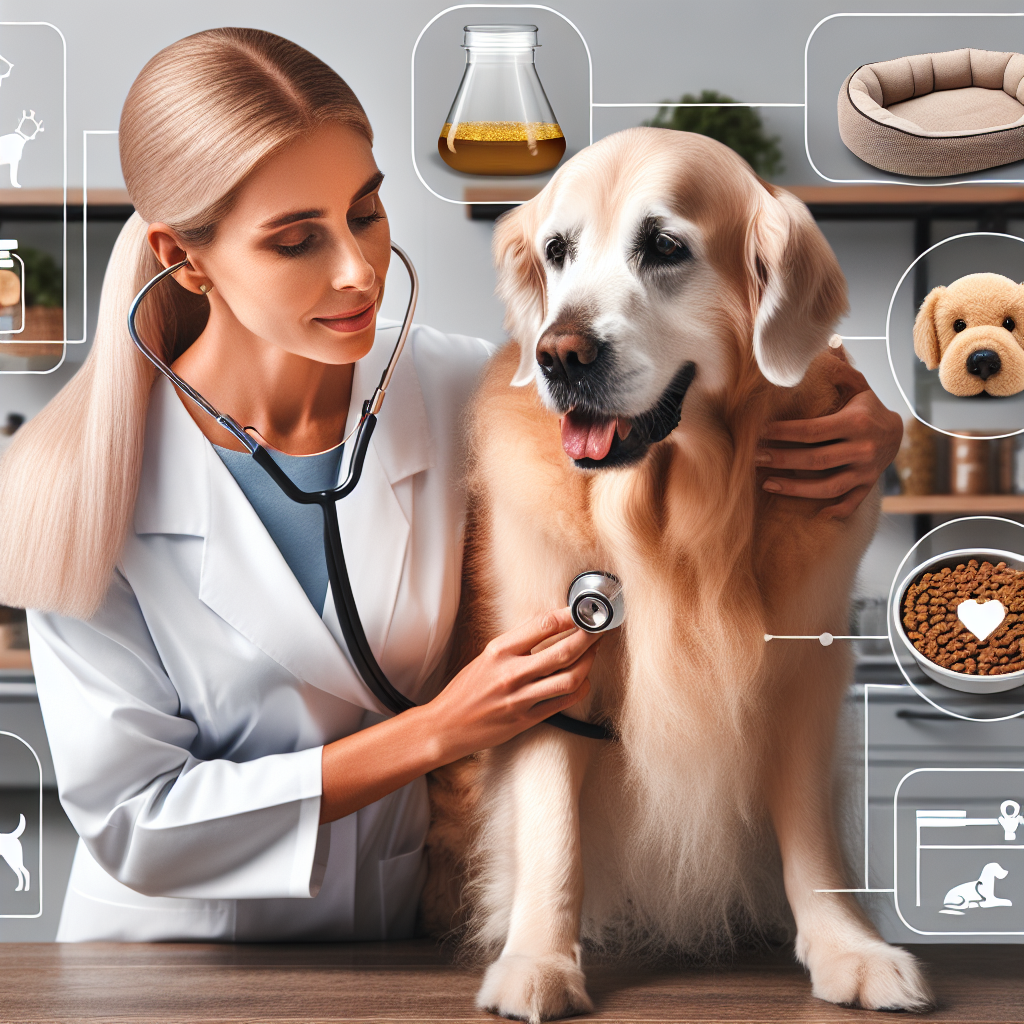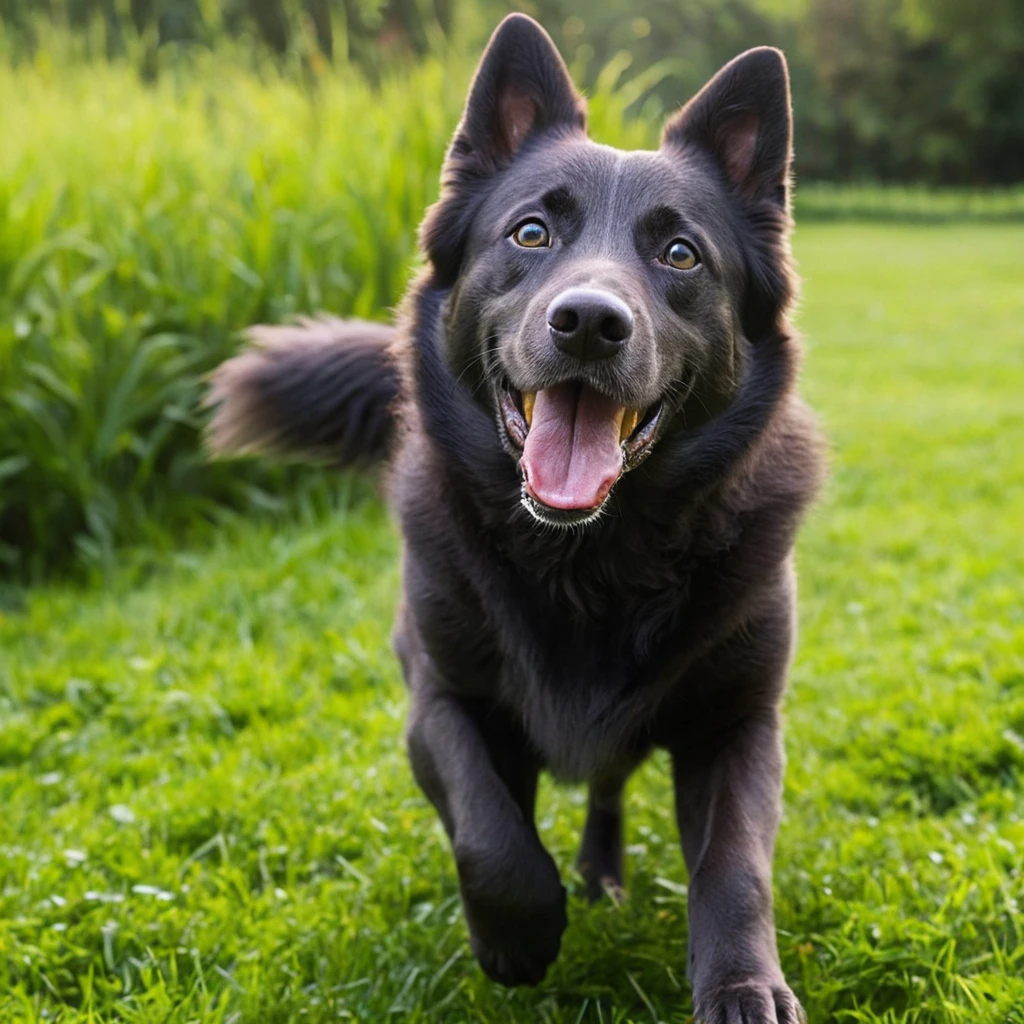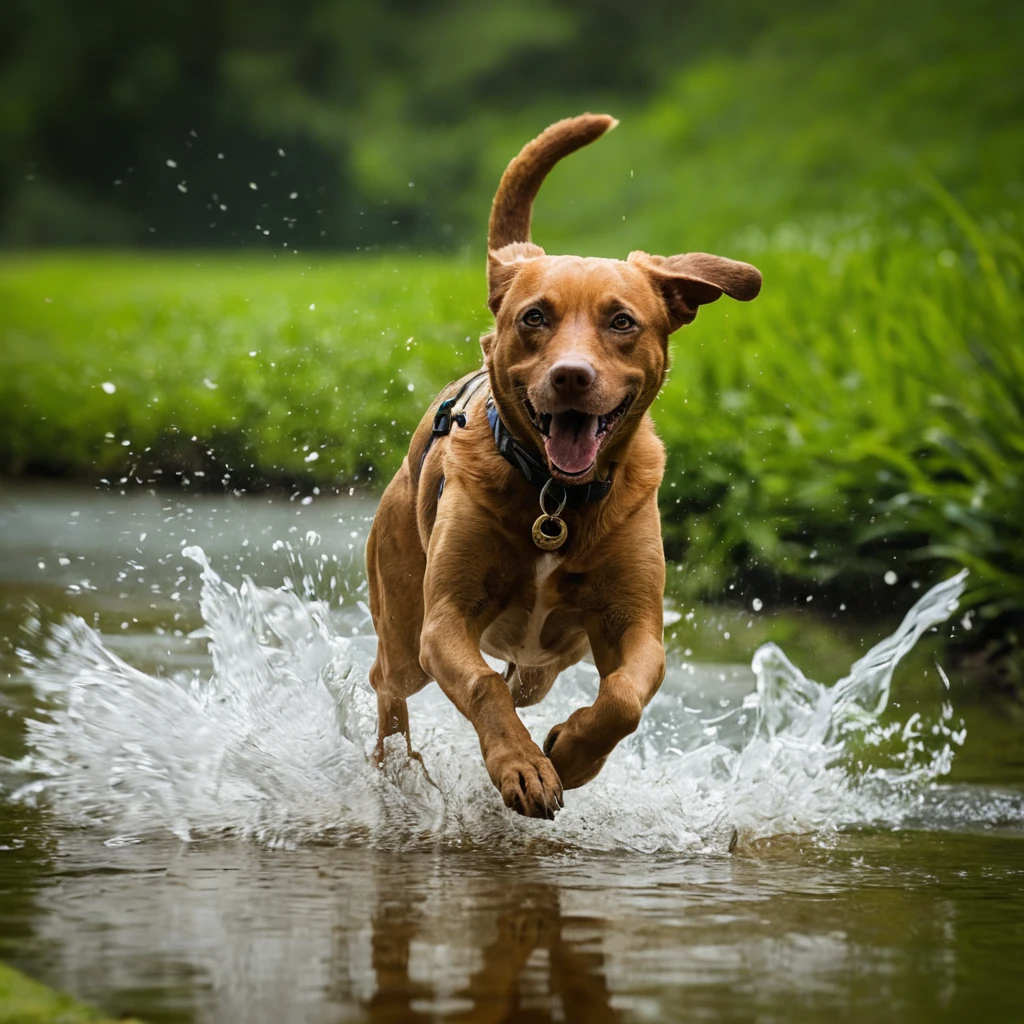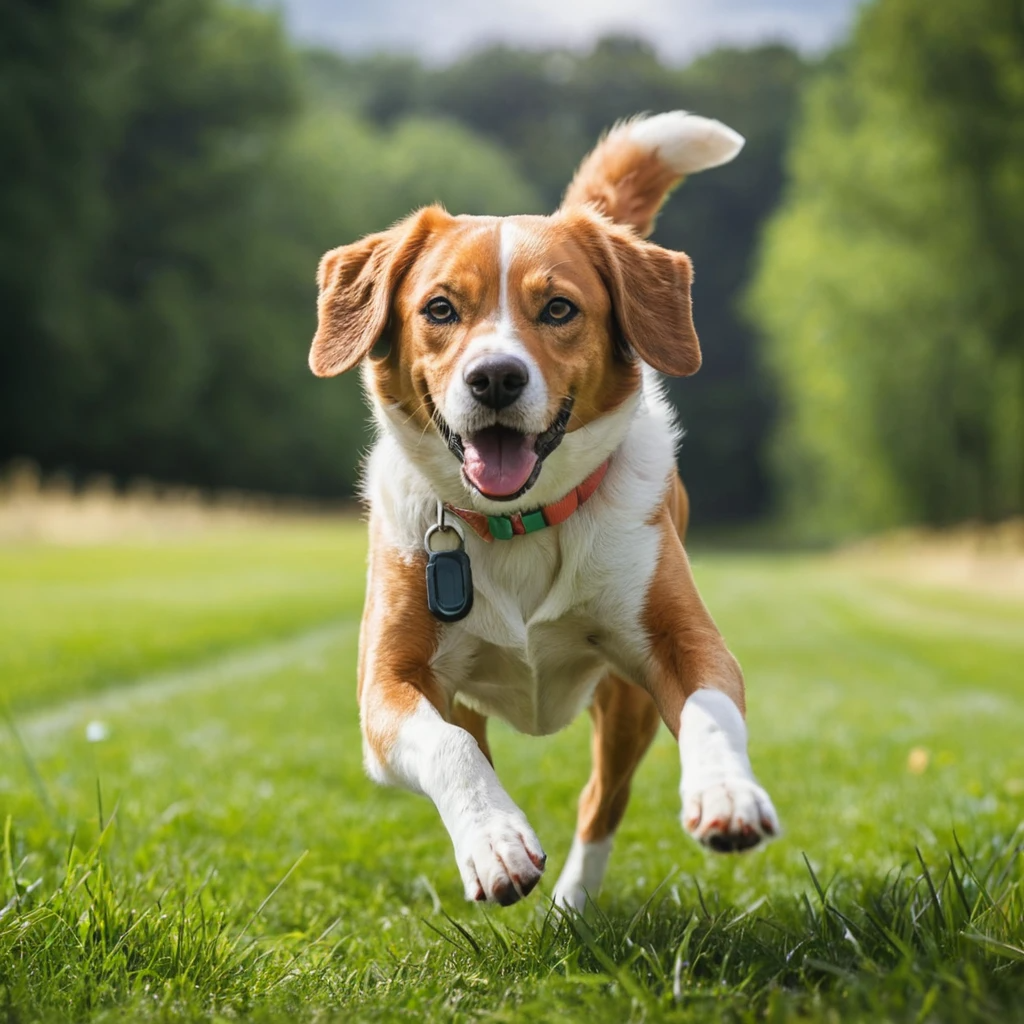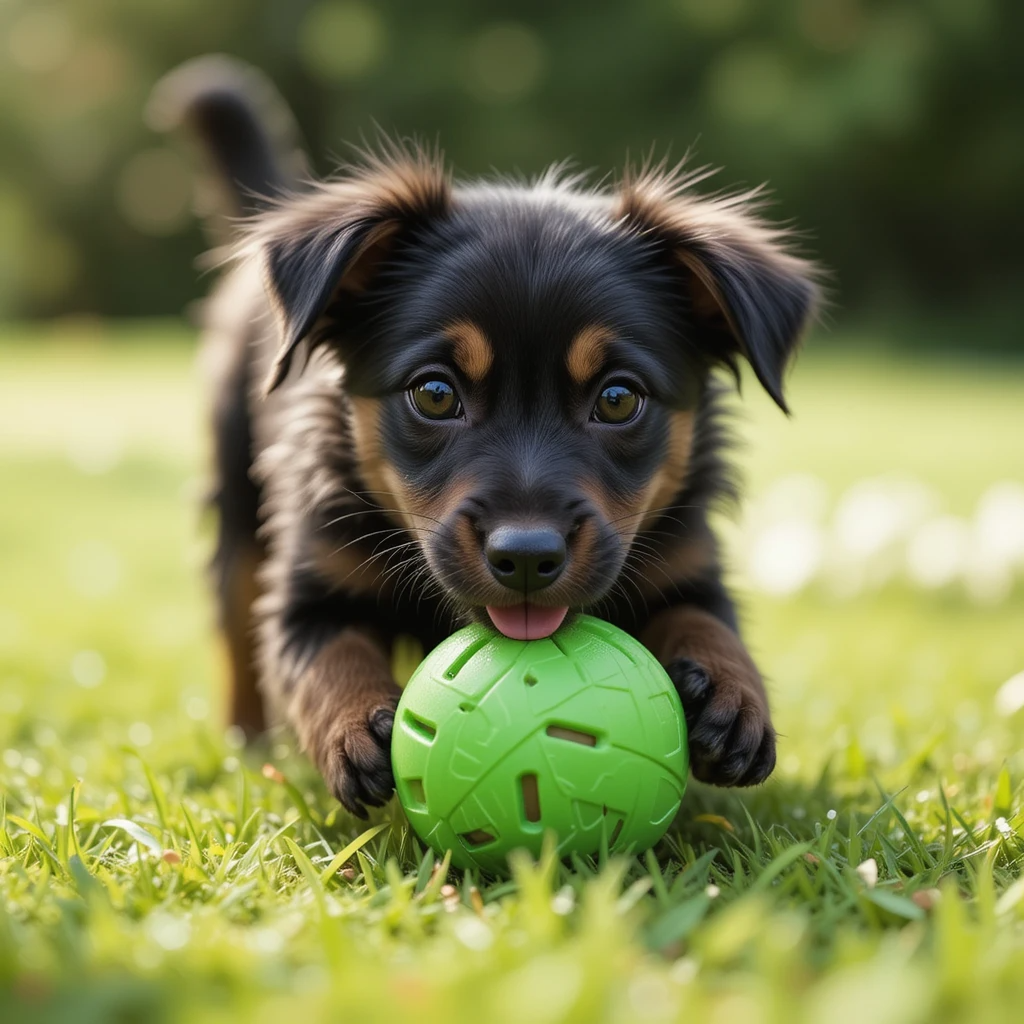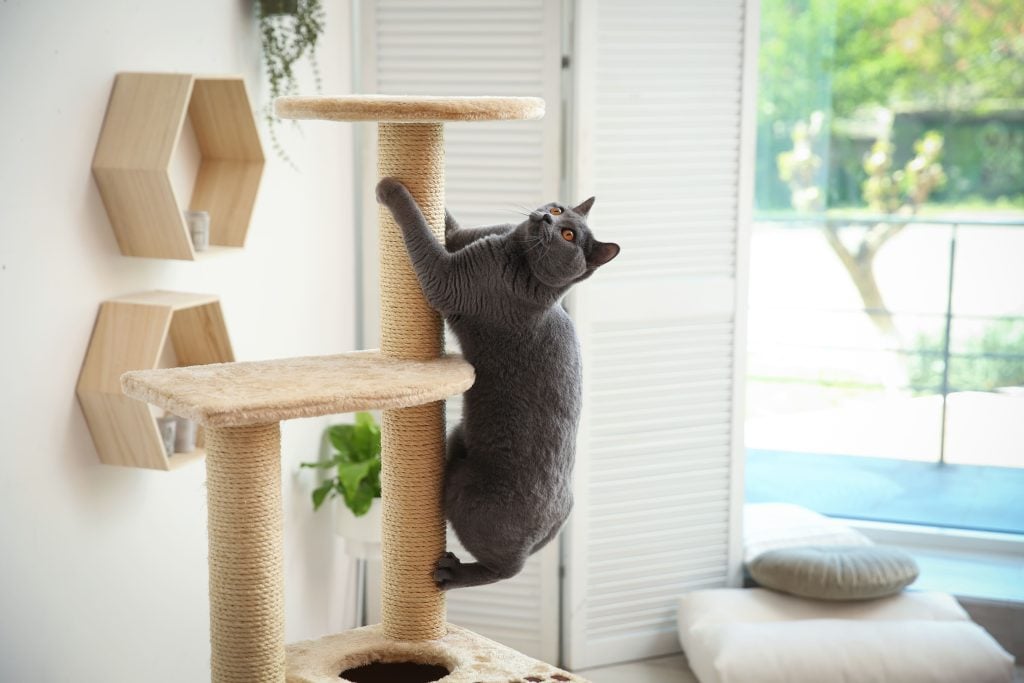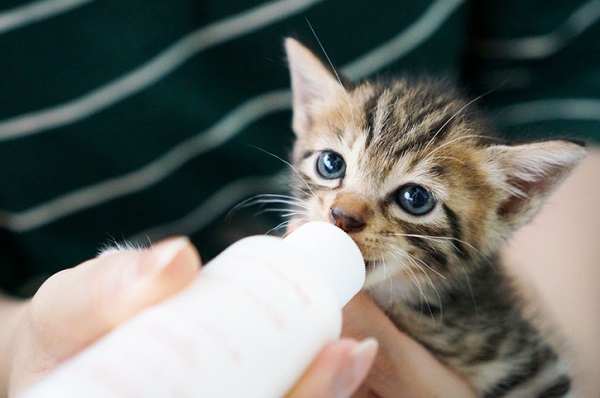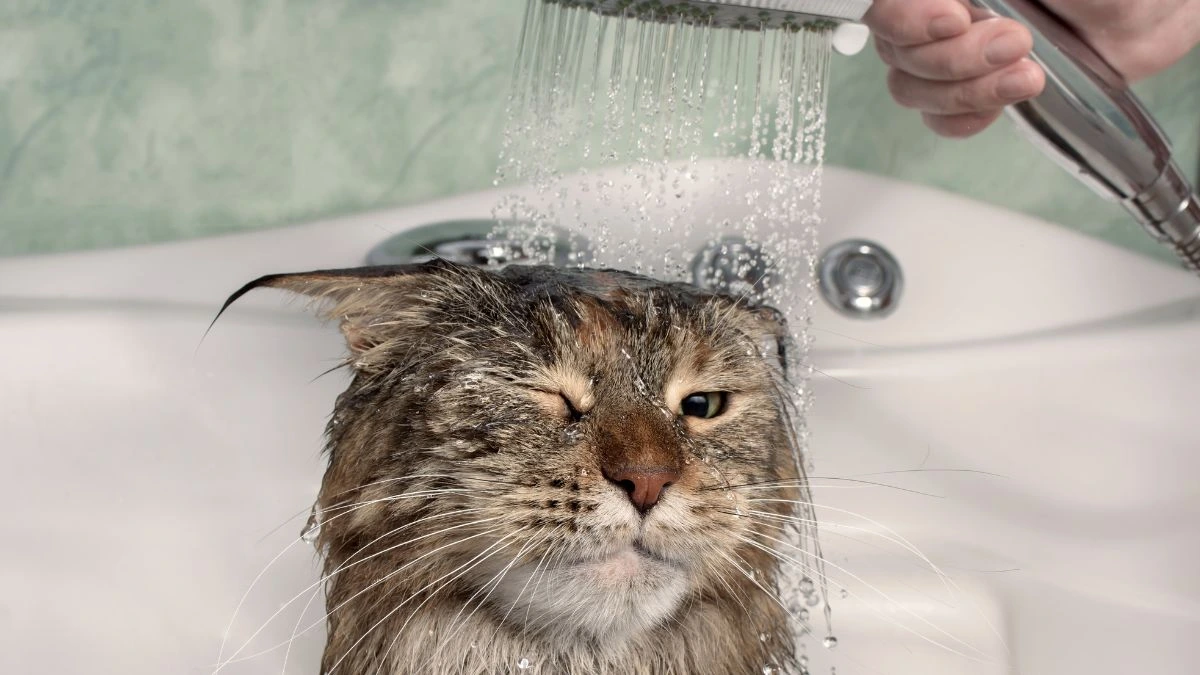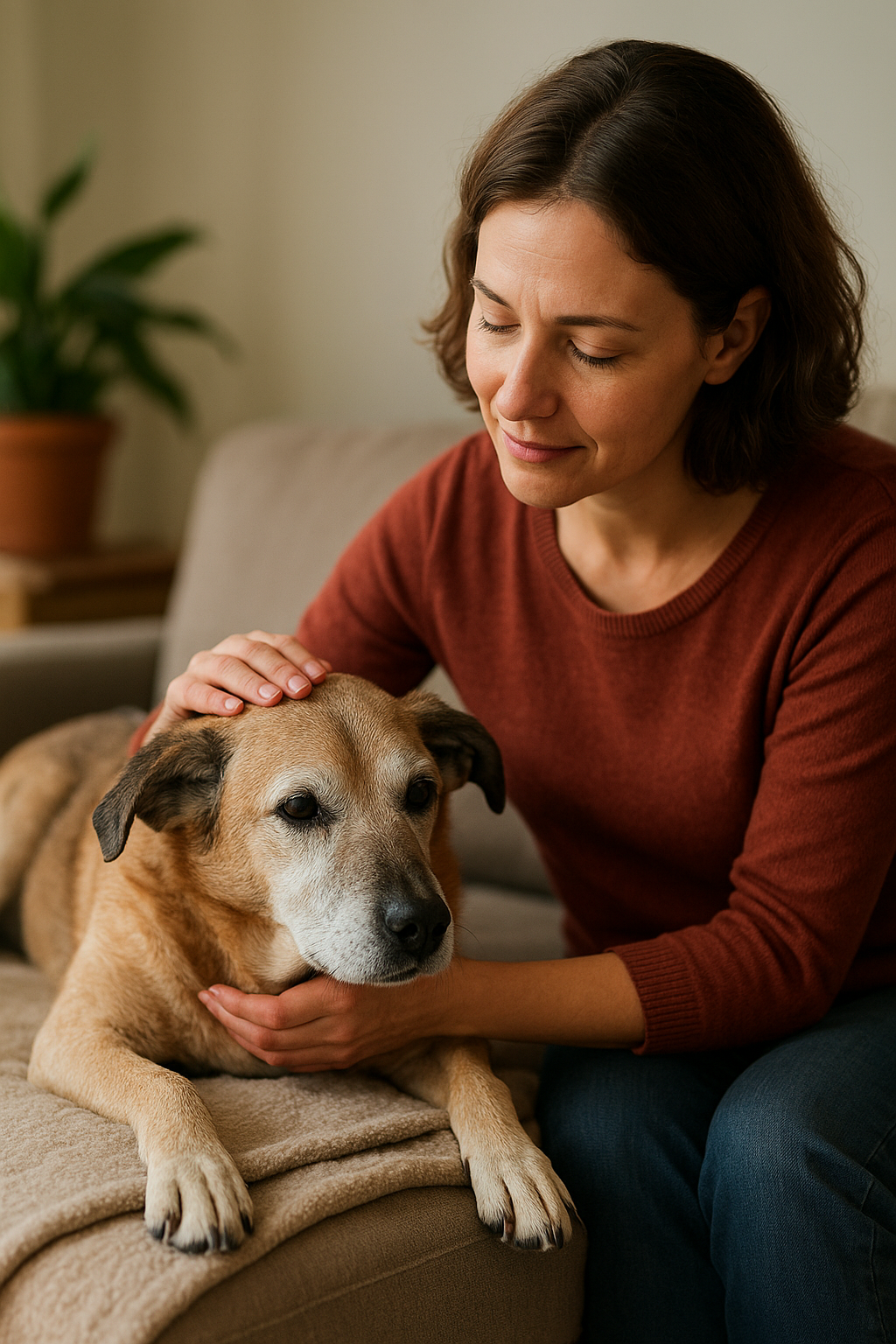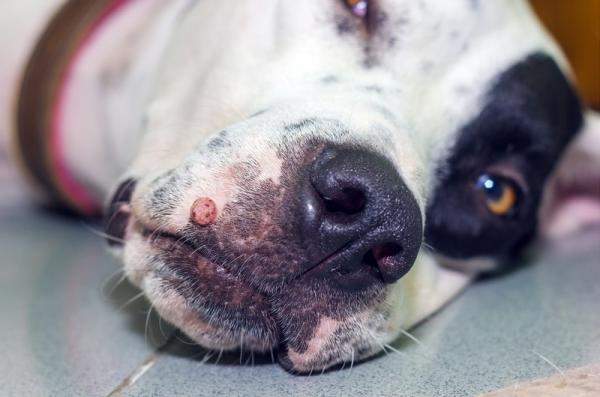🐶❤️ Cuidados Especiais para Cães Idosos: Como Garantir uma Vida Confortável e Cheia de Amor
Quando nossos cães queridos envelhecem, eles entram em uma nova fase da vida que exige atenção especial, carinho e cuidados dedicados. Assim como os humanos, os cães passam por mudanças físicas, mentais e emocionais ao longo dos anos.
Neste artigo, você vai aprender tudo o que precisa para cuidar do seu cachorro idoso com amor, responsabilidade e dedicação, garantindo qualidade de vida na terceira idade. 🧓🐕
1. Entendendo o Envelhecimento Canino 🧓🐾
Antes de falar sobre cuidados específicos, é importante conhecer o que acontece no corpo e na mente do seu cão ao envelhecer. Cada raça e indivíduo tem seu próprio ritmo, mas alguns sinais são comuns na maioria dos cães idosos.
Mudanças físicas
- Redução da massa muscular e aumento da gordura corporal 🐕⚖️
- Declínio da visão e audição 👁️👂
- Problemas nas articulações, como artrite e displasia 🦴🤕
- Alterações na pelagem, que pode ficar mais fina ou grisalha 🐩🧓
- Perda de dentes ou problemas gengivais 😬🦷
Mudanças comportamentais e cognitivas
- Menor energia e interesse por brincadeiras 💤
- Disfunções cognitivas, como confusão ou desorientação 🧠🤯
- Alterações no sono, incluindo mais períodos de descanso ou insônia 💤🌙
- Mudanças no apetite e na ingestão de água 🍽️💧
2. Diagnóstico e Acompanhamento Veterinário 🩺🐶
O primeiro passo para garantir uma velhice saudável é manter consultas regulares com o veterinário. Recomenda-se uma avaliação completa a cada 6 a 12 meses, ou com mais frequência se necessário.
Exames importantes
- Avaliação física completa 🩺
- Exames laboratoriais (sangue, urina) 🧪
- Avaliação dental 🦷
- Raios-X ou exames de imagem, se indicados 🖼️
Por que é importante?
O diagnóstico precoce de doenças comuns da idade, como insuficiência renal, problemas cardíacos, desequilíbrios hormonais e artrite, pode fazer toda a diferença na qualidade de vida do seu pet.
3. Nutrição Adequada para Cães Idosos 🍽️🐕
A alimentação é uma base essencial para a saúde do cão idoso. Com o avanço da idade, eles podem precisar de dietas específicas adaptadas às suas necessidades.
Dicas de alimentação saudável
- Ração para cães idosos 🥣: geralmente com menos calorias, mais fibras e nutrientes que ajudam órgãos, articulações e pelagem.
- Controle de peso ⚖️: cães acima do peso têm maior risco de problemas articulares e cardíacos.
- Suplementos 🧴: conforme orientação veterinária, glucosamina, condroitina ou ômega-3 podem ajudar articulações e pelagem.
- Frequência das refeições 🕒: porções menores várias vezes ao dia ajudam na digestão e evitam excessos.
- Água sempre disponível 💧: cães idosos podem sentir mais sede ou ter dificuldade para beber, por isso mantenha água limpa e acessível.
4. Exercícios Físicos e Estímulo Mental 🐾🧠
Manter o cão ativo é crucial, mesmo na terceira idade, mas os exercícios devem ser adaptados às limitações do animal.
Caminhadas leves 🚶♂️🐕
- Faça passeios mais curtos e frequentes para evitar cansaço.
- Prefira horários mais frescos para proteger as articulações e evitar desidratação.
Estímulo mental 🧠🎾
- Brinquedos de desafio, frisbees ou jogos de busca ajudam a manter o cérebro ativo.
- Ensine comandos simples ou truques novos para estimular a mente.
Precauções
- Observe sempre a resposta do cão à atividade.
- Evite exercícios extenuantes ou temperaturas extremas.
- Fique atento a sinais de fadiga ou desconforto e ajuste a rotina.
5. Conforto e Ajustes no Ambiente 💤🏡
Um ambiente confortável é essencial para o bem-estar do cão idoso.
Área de descanso confortável 🛏️
- Cama macia e de fácil acesso.
- Local silencioso, sem correntes de ar.
Acessibilidade 🚪🛋️
- Rampas ou degraus para alcançar móveis ou sair ao jardim.
- Caminhos livres de obstáculos que possam causar quedas.
Controle de temperatura 🌡️
- Proteja contra calor ou frio extremos.
- Use ventiladores, ar-condicionado ou mantas aquecidas conforme necessário.
6. Higiene e Cuidados Dentários 🦷🧴
A saúde bucal muitas vezes é negligenciada, mas impacta diretamente a saúde geral do cão.
- Escovação regular e visitas ao veterinário são essenciais.
- Cuidados com pelagem, unhas e limpeza das orelhas ajudam a manter o conforto e bem-estar.
✅ Conclusão
Cuidar de um cão idoso exige atenção, paciência e muito amor, mas os resultados são recompensadores: um pet saudável, confortável e feliz na terceira idade.
🐶❤️ Não espere! Comece hoje mesmo a adaptar a rotina, alimentação e ambiente do seu cão idoso. Garanta qualidade de vida, conforto e muito amor para o seu companheiro na melhor fase da vida dele! Clique aqui e descubra dicas avançadas para cuidar de cães idosos! 🐾✨

